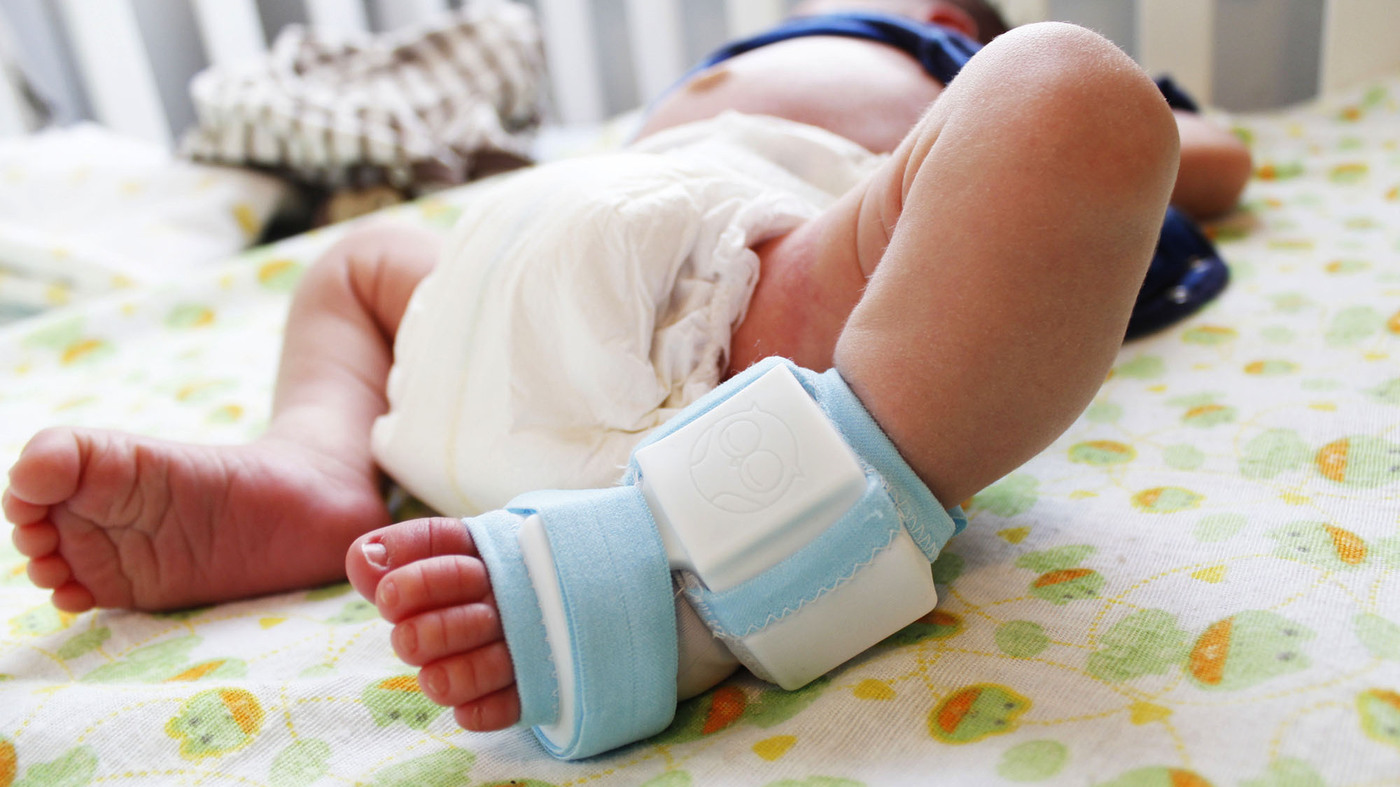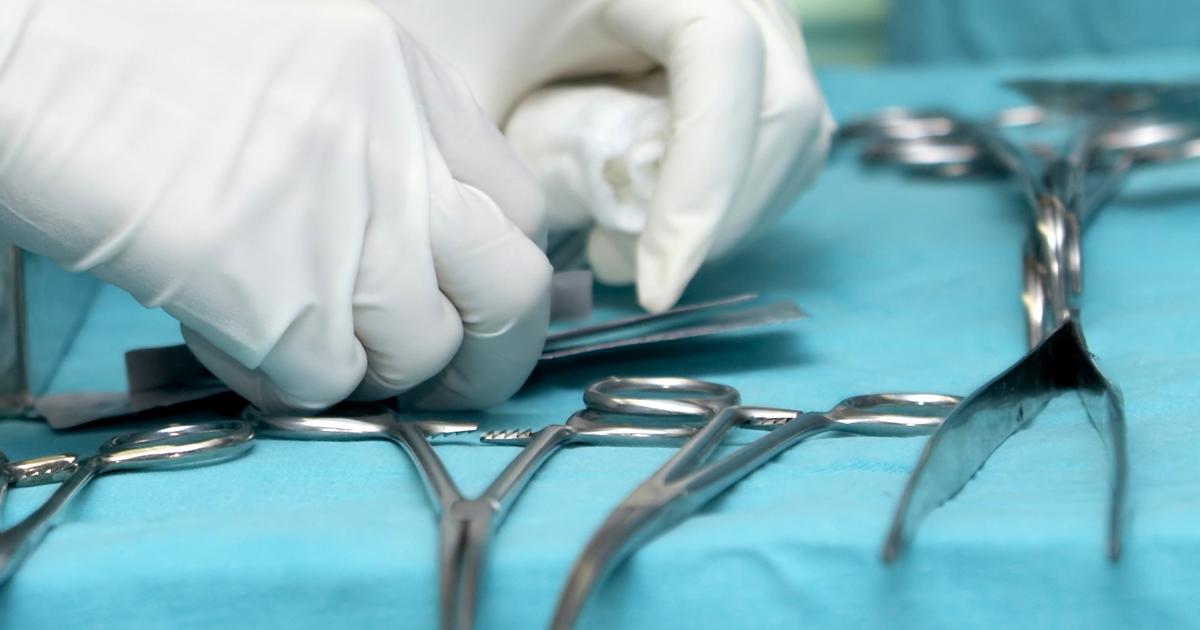Symptoms And Treatments For Heart Conditions You Didn't Know Existed
Ebstein's Anomaly

When it comes to potential birth defects, congenital heart defects are the most common. However, Ebstein's anomaly is a rare heart defect, and research indicates it only appears in one out of every twenty thousand children, though symptoms can be minor and many cases go undiagnosed. This heart defect affects the right side of the heart and precisely when the tricuspid valve, which divides the two chambers on the right side of the heart, forms too far down in the right ventricle and thus does not function as it should in controlling blood flow.
Research has not adequately identified a cause, though it suspects a combination of environmental factors and genetics, given the condition, is present at birth. Symptoms of Ebstein's anomaly include swelling in the patient's belly and legs, trouble breathing, an enlarged liver, cyanosis (blue discoloration of fingers and lips), abnormal heartbeats, dizziness, fainting, and shortness of breath.
Treatment For Ebstein’s Anomaly

Mild cases of Ebstein's anomaly may only require regular monitoring with a specialist or medication to help adjust compromised blood flow. The more severe cases may need surgery, which includes repairing or replacing the tricuspid valve, closing connections between the atria, and repairing the pieces of the right ventricle acting as the right atrium. Surgeons may also fix abnormal heartbeats at this time by removing the muscle causing the issue or destroying the muscle through the use of catheterization and high energy radio waves. A heart transplant for Ebstein's anomaly only occurs for the most severe cases with poor heart function, and where other options have failed.
